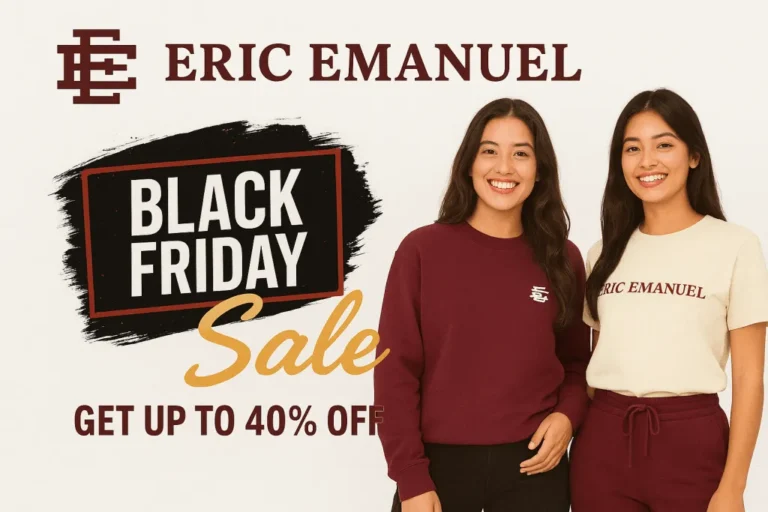In today’s online shopping world, privacy is just as valuable as product quality. Whether your customers are ordering health supplements, adult products, personal care items, or luxury goods, they expect confidentiality from start to finish. That’s where discreet packaging comes in — a smart, professional approach that keeps orders private while maintaining brand integrity.
What Is Discreet Packaging?
Discreet packaging refers to shipping and packing methods designed to hide the contents of a parcel. The goal is simple: deliver a package without revealing what’s inside or who it’s from.
It involves using plain boxes, unmarked labels, and neutral shipping details that ensure no sensitive product names, logos, or company identifiers are visible on the outside.
Common examples include:
Plain brown or white cardboard boxes
Generic return addresses (no brand names)
Non-descriptive shipping labels
Unbranded packing slips or invoices
Why Discreet Packaging Matters
1. Customer Privacy and Comfort
Customers often buy personal or sensitive products — from health and wellness to intimacy-related items — and they want assurance that their purchase remains confidential.
2. Builds Brand Trust
Brands that protect their customers’ privacy create stronger emotional connections and repeat buyers. Respecting privacy shows professionalism and care.
3. Compliance and Reputation
In some industries (e.g., pharmaceuticals, adult, or medical devices), discreet packaging isn’t just a courtesy — it’s essential for compliance and avoiding social stigma.
4. Improved Delivery Experience
Neutral packaging minimizes theft risk, as plain parcels don’t attract unnecessary attention during shipping or delivery.
How to Design Effective Discreet Packaging
If you want to implement discreet shipping successfully, focus on these design principles:
1. Keep the Exterior Plain
Use kraft or white mailer boxes with no branding or product indicators.
Avoid glossy finishes, printed patterns, or revealing logos.
2. Use Generic Sender Information
Include only your company’s initials or a neutral name on return labels.
Use terms like “Fulfillment Center” or “Customer Service” instead of your brand name.
3. Neutral Packing Materials
Use plain tissue paper or kraft fillers instead of branded inserts.
Avoid marketing flyers or promotional cards that reveal the product category.
4. Protect the Inner Packaging
Even if the outer layer is discreet, ensure your product remains well-protected with custom inserts or padded mailers.
5. Consider Eco-Friendly Options
Many customers appreciate sustainable packaging — custom product packaging, paper mailers, or compostable void fill. Privacy and sustainability can go hand in hand.
Best Packaging Types for Discreet Shipping
Plain Mailer Boxes: Ideal for small to medium-sized items, offering full coverage.
Padded Envelopes: Great for lightweight items requiring minimal protection.
Corrugated Shipping Boxes: Perfect for bulkier or fragile goods.
Opaque Poly Mailers: A lightweight, moisture-resistant option for clothing and accessories.
Industries That Benefit from Discreet Packaging
Health and Wellness Brands – Supplements, hygiene products, medical kits.
Adult and Intimacy Stores – Toys, lingerie, and wellness goods.
Pharmaceutical & CBD Brands – Prescription or natural remedies.
Luxury or Collector’s Items – Jewelry, collectibles, or valuables.
Subscription Box Services – Privacy-focused themes (wellness, relationships, personal care).
Conclusion
Discreet packaging isn’t about hiding your brand — it’s about protecting your customer’s confidence. In a world where privacy is increasingly rare, brands that deliver with discretion earn trust, loyalty, and respect.
By using plain, secure, and eco-conscious materials, you can create a professional yet private unboxing experience that keeps your customers coming back — knowing their privacy is safe in your hands.






